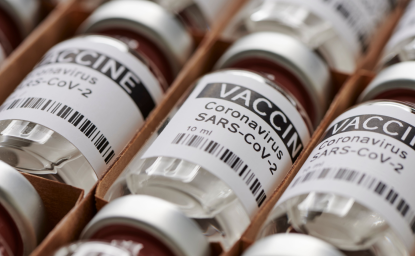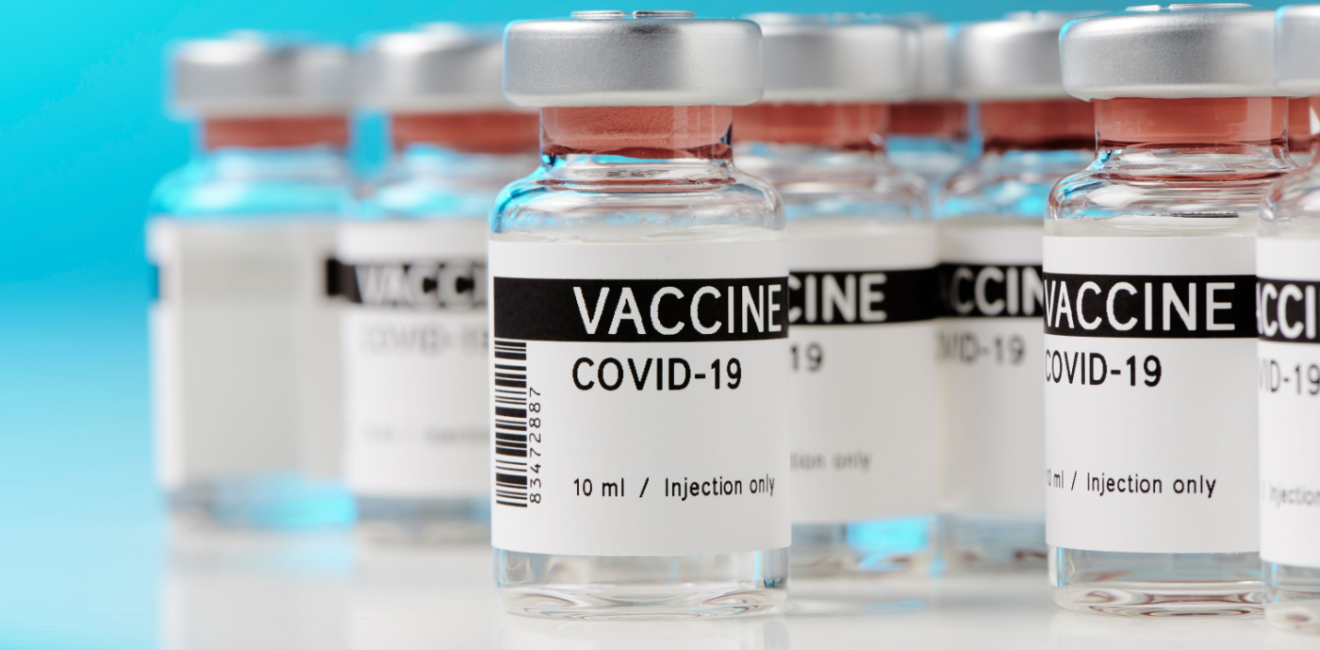It’s a sign of the times that the United States is supporting intellectual property at the World Health Organization (WHO), while retreating from it at the World Trade Organization (WTO). The Biden administration should strongly oppose waivers of intellectual property at both institutions.
Since December 2021, the WHO has been at work on a legally binding instrument referred to as the Pandemic Agreement. In 2022, an early “zero draft” was circulated, much of which carried over into the negotiating text now being debated by member states. The goal is to get a deal done by 2024.
The text raises two concerns about trade. First, it notes health policies shouldn’t be used for protectionist purposes. Second, it recognizes that intellectual property rights encourage investment in new medical products, but it fears these rights have negative effects on prices. The text does not say how to deal with the first concern, but it’s quick to provide a solution for the second: “waive” patents.
Article 11 notes there are already “flexibilities” under the WTO’s Agreement on Trade-Related Aspects of Intellectual Property (TRIPs). For example, TRIPs allows compulsory licenses (CLs) to be issued on patented drugs during a public health emergency. To fight COVID, the WTO decided to make it even easier to use CLs on vaccines for five years. This so-called “TRIPs waiver” hasn’t been used, but the WHO clearly sees it as a model for more future “time-bound waivers.”
This would be a mistake. Such waivers will only serve to chill innovation. Under the TRIPs waiver, for example, companies that make COVID-related medications and diagnostics have seen their stock prices drop by 73% more than companies working in other therapeutic fields. The problem is exacerbated by the fact that the WTO is debating whether to expand the waiver to include diagnostics and therapeutics, despite a lack of consensus on which technologies would fall under these categories.
When WHO members gathered in Geneva last month to discuss the text, the US argued for intellectual property with clarity and conviction.[1] Ambassador Pamela Hamamoto said, “Eliminating intellectual property protections will not effectively improve equitable access during pandemic emergencies and will in fact harm the systems that have served us well in the past.” Along the same lines, the European Union’s negotiator[2] explained that “We have strong reservations against … how some provisions have been drafted, in particular those related to intellectual property rights …”
Meanwhile, at the WTO, Ambassador Katherine Tai argued the opposite. She supported the TRIPs waiver without doing due diligence. She asked the US International Trade Commission to examine the pros and cons of an expanded waiver, but her instructions largely ignored the question of how intellectual property incentivizes innovation. And her office has recently turned a blind eye to the abuses of CLs by foreign governments, dropping any mention of these from the 2023 Special 301 Report.
This has put the US at odds with several of its most important trade partners. The European Union, for example, echoes what Hamamoto argued at the WHO: namely, that without intellectual property, there would be nothing to copy under CLs. Mexico and Switzerland have been even more pointedly succinct, concluding that “no adjustments to the IP system seem to be required” to fight COVID.
It's more than a little ironic that the US makes the right argument about intellectual property in front of a global health institution, and the wrong argument about the very same topic at a trade institution.
Intellectual property put COVID largely in the rearview mirror. The Biden administration’s health and trade policies must clarify, rather than confuse, this lesson.
Author

Karl F. Landegger Professor of International Business Diplomacy at the Edmund A. Walsh School of Foreign Service at Georgetown University

Wahba Institute for Strategic Competition
The Wahba Institute for Strategic Competition works to shape conversations and inspire meaningful action to strengthen technology, trade, infrastructure, and energy as part of American economic and global leadership that benefits the nation and the world. Read more

Explore More
Browse Insights & Analysis
The Market’s Response to the TRIPs Waiver

Questionable Waivers Threaten the World Trade Organization’s Relevance




